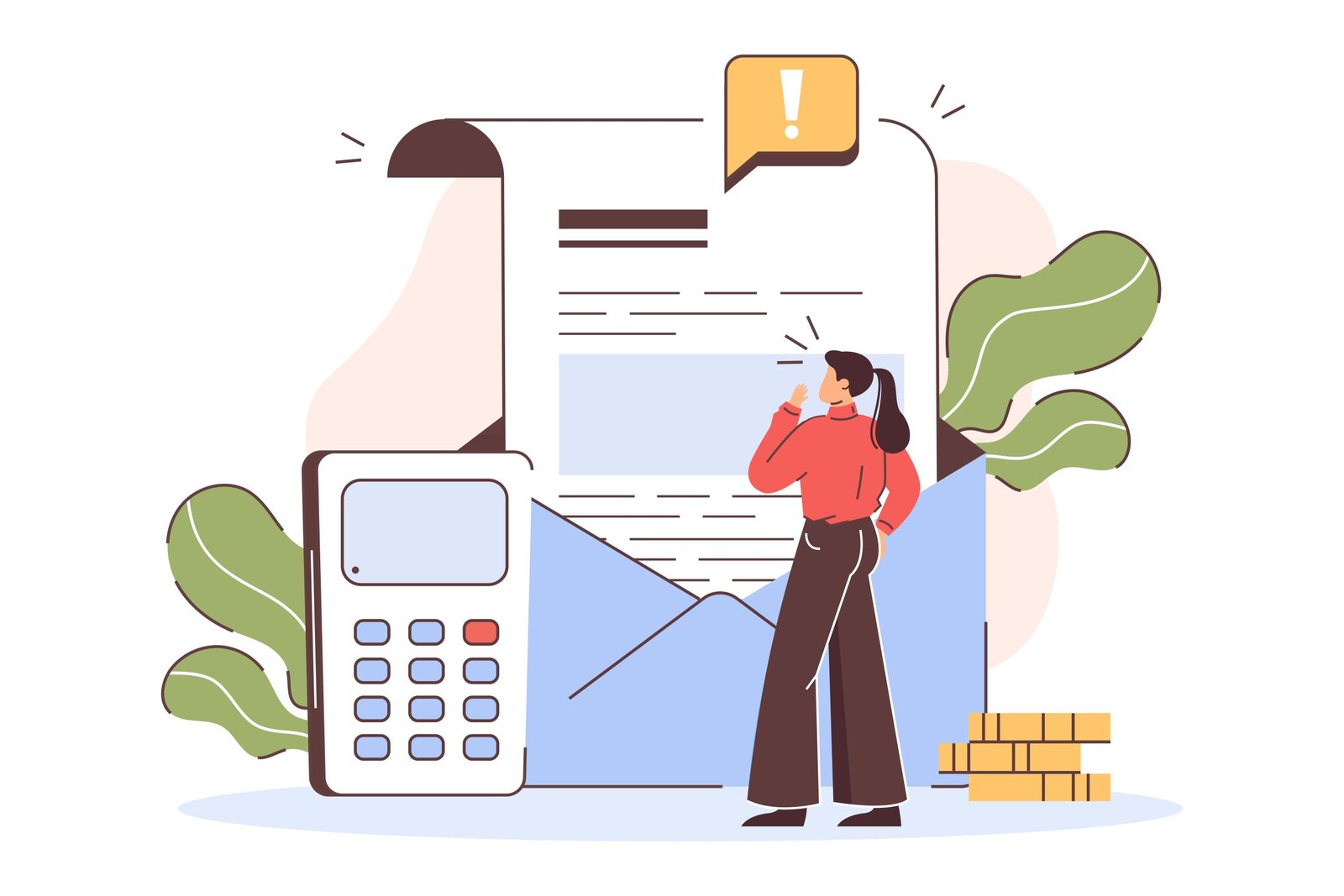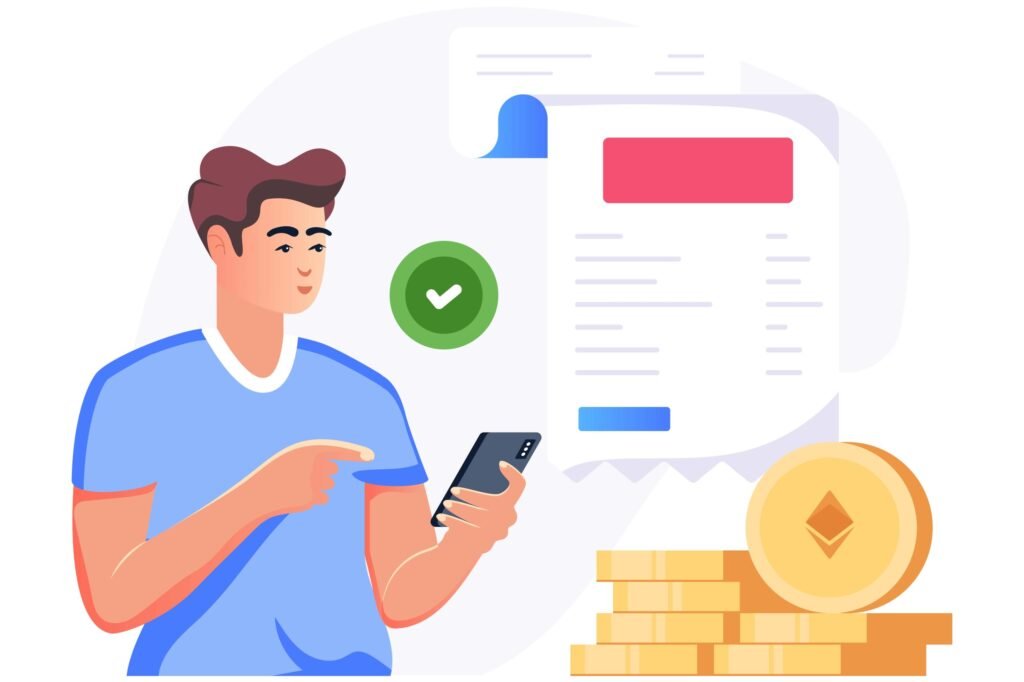With the deadline for filing a self-assessment fast approaching, you may be more prone to making mistakes on your self-assessment tax return – especially for first timers.
Here are the Common mistakes you need to avoid on your first self-assessment tax return.
Not applying for Unique Taxpayer Reference (UTR) number on time
To submit your tax return, you will need your 10-digit tax reference number commonly known as UTR number. You get UTR number when signing up for self-assessment.
You might be unable to file your self-assessment return in the absence of UTR number, in which case you will be fined. Hence, it is advisable to obtain it well in advance.
You will receive your UTR by post in about ten days, but sometimes it can take 3 to 4 weeks. Alternatively, you can quickly find it in your online account or using the HMRC app.
Failing to declare all income sources
It is not only just your salary that you need to report to HMRC, but you are required to tell about your income from other sources such as your rental income, pension income, ‘donations received’ from online platforms such as Patreon, etc.

The consequences of not declaring your income in its entirety have severe consequences in terms of interest and penalty.
Alert: In the year 2020, a market trader residing in Leeds, was convicted of evading £37,400 in income tax. Consequently, she was directed to settle a penalty amounting to £22,253.
If you have already filed your returns but think you still need to include something, you should write to HMRC as soon as you get to know. You can revise your return within 12 months of the self-assessment deadline.
Not claiming all allowable expenses
If you are self-employed, you can claim several allowable expenses from your income. Costs such as office expenses (stationery or phone bills), travel costs (fuel, parking, or bus fares), salaries, etc incurred wholly and exclusively for the purpose of your self-employed business are allowed.
Personal expenses on the other hand are disallowed. Claiming these expenses will reduce your taxable amount – lowering your income tax liability.
Therefore, it’s best if you familiarise yourself with the list of allowable expenses.
Not being aware of the High-Income Child Benefit Tax Charge
If you or your partner has claimed Child benefit, a Child benefit tax charge may be levied on you. That is because there is a ‘high-income child benefit charge‘ if either partner earns £50,000 or more and must be paid by the higher earner – even if the person who earns above this threshold is not the person claiming child benefit.
The tax charge equates to 1% of the child benefit paid for every £100 of income between £50,000 and £60,000.
For Example,
Let’s say a person has an income of £55,000 and has received £6,000 in child benefit.
In this case, as the income exceeds £50,000 by £5000, the person needs to pay back 50% (5000/100) of the benefit he has received. The high-income child benefit tax charge in this instance will be £3,000 (50% of £6,000).
Not keeping complete records
It is essential to maintain your records in case HMRC requests evidence of the information included in your tax return. This includes
- receipts,
- invoices,
- bank statements, and
- crucial documents like your P45 or P60 form
You need to retain your records for a minimum of five years from the 31st of January following the relevant tax year. For instance, for the 2022-23 tax year, you must keep records until at least 31 January 2028.
It is important to note that HMRC retains the authority to initiate investigations into fraud for up to 20 years after the filing of a tax return.
Not planning for payments on account
A payment on account is an advanced payment that HMRC requires you to contribute toward your upcoming tax liability. This includes any Class 4 National Insurance contributions (NICs) if you are self-employed.
Following the submission of your Self-Assessment Tax Return, you are required to make two payments on account annually. Each payment reflects half of your tax bill from the preceding year, with due dates typically set for midnight on the 31st of January and 31st of July each year.

However, payments on account will not be necessary if your previous Self-Assessment bill amounted to less than £1,000, or you have already settled over 80% of your total tax liability.
Missing out on tax-free allowances
There are several allowances that you might be eligible for. However, if you forget to take advantage of them and declare those in your tax return, you will end up paying too much tax. Some of these allowances are:
- Marriage allowance: Transfer up to £1,260 of your personal allowance to your spouse or partner.
- Rent a Room relief: Up to £7,500 per tax year for letting out furnished accommodation in your home.
To understand whether this relief applies to you, check you our complete guide on Rent a Room relief.
Conclusion
As the self-assessment tax return looms, avoiding common mistakes becomes paramount for penalty-free filing experience. The seven pitfalls discussed above highlight crucial considerations for first-time filers.
The key to a successful self-assessment tax return lies in thorough preparation, staying informed about the tax regulations, and seeking professional advice if necessary.
We are dedicated to solve your queries.
Contact us for assistance at any stage of your journey.